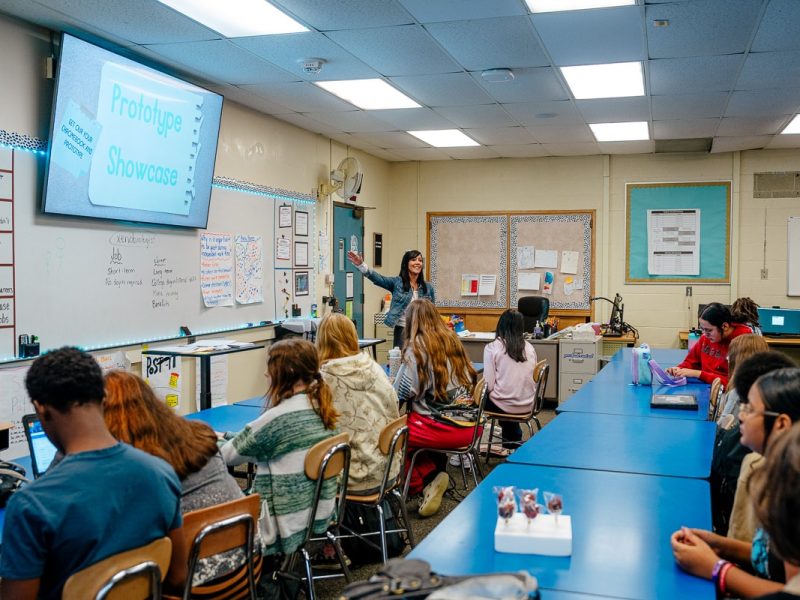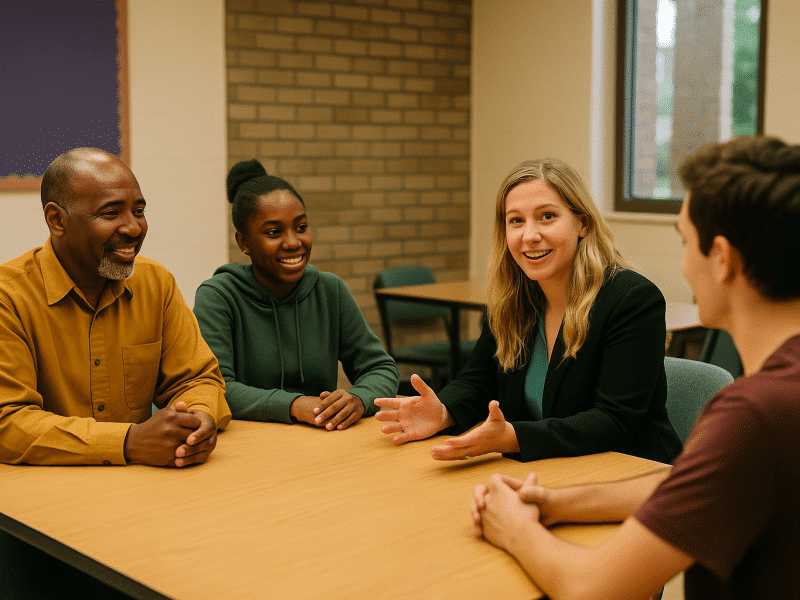Flint neighbors harness social media to deliver water, medicine, and scavenger hunts
Social media posts are written calling for advice, or the latest updates on resource distribution schedules. It’s brought back the good old days when you could ask your neighbor for a cup of sugar—or rather, distilled water, a run to the pharmacy, or just some fresh air.

FLINT, Michigan—Social media is providing the much needed human connection people may feel they’re losing under the “Stay Home, Stay Safe” order. Social media posts are written calling for advice, or the latest updates on resource distribution schedules. It’s brought back the good old days when you could ask your neighbor for a cup of sugar—or rather, distilled water, a run to the pharmacy, or just some fresh air.
Kelsey Kerr, of College Cultural neighborhood, was one of the first to offer help when her fellow neighbors were growing concerned about losing access to distilled water for their continuous positive airway pressure (CPAP) machines—used to prevent sleep apnea.
Having a water distiller at her disposal, Kerr made clear she would be happy to make water for anyone who needed it and even drop it off. “We all have to look out for each other right now, I’m just trying to do my part,” said Kerr.
Her deliveries were much appreciated by her fellow neighbor, Terri Martin, who also dedicated time to volunteer grocery and pharmacy pickups for others until it became too risky for the health of herself and her husband. They are both senior-aged with underlying health conditions.
“Since then we have had neighbors who bring us distilled water for our medical equipment, groceries, and even hot meals. So many lovely people have offered to run errands for not only us, but also anyone who needs it,” said Martin.
Amidst the posts offering tips on when it is the best time to hit the grocery store and where to find the now ever-elusive toilet paper, there are posts that exist to just help people feel less alone—especially for those most affected, kids.
Less than a week after schools announced their initial closure, Jennifer Mason, Mott Middle College high school teacher and lecturer for the Univerisity of Michigan-Flint education department, saw a post about a Shamrock Scavenger hunt as a way to celebrate St. Patrick’s Day under lockdown. It encouraged people to get out, get some fresh air, and exercise while scouring windows for shamrocks. So she decided to try out the idea in her own neighborhood.
Aside from making a holiday in quarantine more fun, Mason began the scavenger hunt to promote focusing on positive activities in times of stress and trauma. It was so well received, she decided to create an event page and make it a weekly event.
“People seem to enjoy finding the items people put up. Anything that can spark a little joy, get people out moving and allow us to see one another (even if it’s far away) is a win in my book,” says Mason, “The creativity that everyone is putting on display is wonderful, and I love seeing people out ‘hunting’ and then the smiles that appear when a child or adult finds something.”
Flint neighborhoods seem to go beyond survival and actually thrive in times of crisis, banning together as only the people of Flint can, making the best out of a terrible situation by making it better for others.
“The people in this neighborhood band together to help one another, whether emergency situations or not. We do not pay attention to a political party, race, or any other cause for differences. We just think of each other as neighbors,” says Martin.







